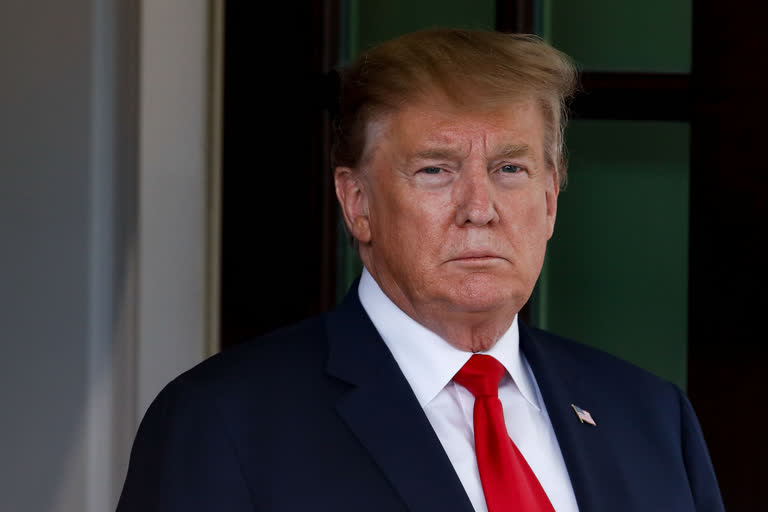New York: A US federal judge has struck down two rules introduced by President Donald Trump's administration requiring higher wages for those getting H1-B employment visas, adding restrictions and tightening some required qualifications.
"The court cannot countenance, reluctantly or otherwise, defendants' reliance on the Covid-19 pandemic to invoke the good-cause exception," to the rule-making procedure, Judge Jeffrey White wrote.
"Without any consultation with interested parties about the impact on American employers, DHS (Department of Homeland Security) and DOL (Department of Labour) made changes to policies on which Plaintiffs and their members have relied for years and which are creating uncertainty in their planning and budgeting," he added.
The US Chamber of Commerce and several universities were among the parties that sued the Trump administration over the rules issued during the middle of the presidential election campaign.
Read:|US House passes bill on scrutinising Chinese companies
They argued that the rules would drastically impact the employment prospects of new hires and could also endanger the jobs of existing employees.
One of the rules by the DOL raising the wages to qualify for the visa took effect in October, while the other by the DHS regarding qualification and placing restrictions on outsourcing companies placing their employees at other companies was to have come into effect on December 7.
The administration had said that the new regulations were urgently needed because of the unemployment caused by the pandemic among US employees and rushed through the new rules.
The Chamber of Commerce said that many companies were now "breathing a huge sigh of relief" because the rules struck down could have disrupted their operations.
NASSCOM, the Indian tech industry organisation, welcomed the court decision saying that it "clearly recognises the importance of the high skill visa programs to the US".
"NASSCOM believes this will help US businesses access talent critical to the economic recovery phase in the post-Covid world," it added.
